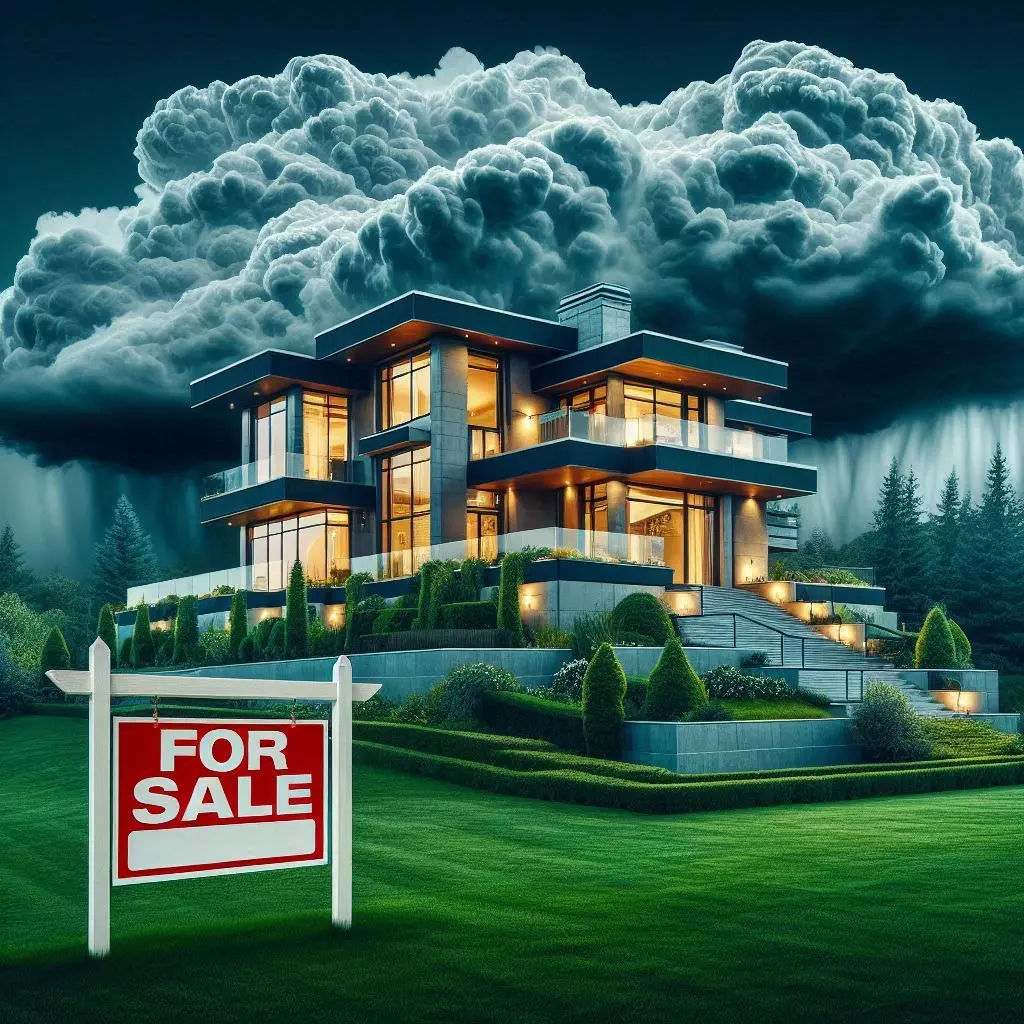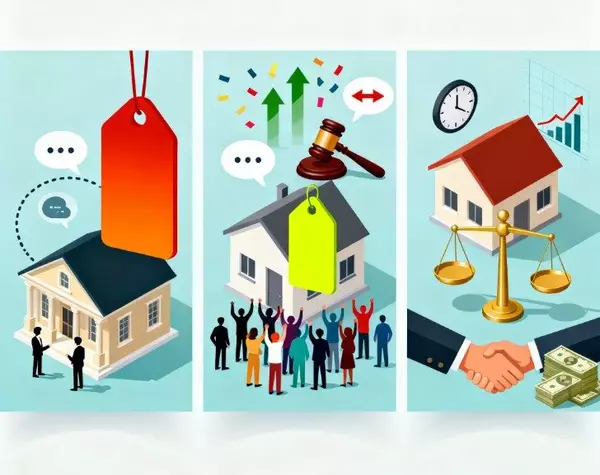Why Overpricing Your House Can Cost You

Why Overpricing Your House Can Cost You
Spring is often considered the sweet spot for selling a house, and for good reason. With fewer homes on the market and historically higher buyer activity, it's an exciting time to put your house up for sale. However, while current market conditions favor sellers, it's crucial to be strategic when setting your asking price. Overpricing your house can actually cost you in the long run.
The Pitfalls of an Inflated Asking Price
Your house's asking price sends a powerful message to potential buyers. It's one of the first things they notice, along with the listing photos, and it can make or break their interest. As an article from _U.S. News Real Estate_ points out, "Even in a hot market where there are more buyers than houses available for sale, buyers aren't going to pay attention to a home with an inflated asking price."
In today's market, homebuyers are already feeling the squeeze on their budgets due to rising home prices and mortgage rates. They're not willing to pay more than necessary, and if they perceive your house as overpriced, they may move on without even stepping inside. According to a study by the National Association of Realtors, homes that were overpriced by just 10% saw a 15% reduction in showings compared to those priced at market value.
The Dangers of Prolonged Time on the Market
If your overpriced house fails to attract buyers, it will likely sit on the market for an extended period. This can be problematic, as buyers may start to wonder why the price was reduced or if there's something wrong with the property. A _Forbes_ article explains, "If your listing just sits there and accumulates days on the market, it will not be a good look. . . . buyers won't necessarily ask anyone what's wrong with the home. They'll just assume that something is indeed wrong, and will skip over the property and view more recent listings."
Research backs this up. A study by Zillow found that homes that underwent a price cut sold for an average of 2.9% less than their original listing price, and took an average of 22 days longer to sell compared to homes that were priced accurately from the start.
The Importance of Pricing Right from the Start
To avoid these pitfalls, it's best to price your house at or slightly below current market value from the beginning. This is where the expertise of a real estate agent is invaluable. They have the knowledge and tools to research current market trends, analyze comparable sales, and factor in your home's unique features and upgrades to determine the optimal asking price.
When a house is priced correctly, it attracts more buyers and increases the likelihood of receiving multiple offers. According to data from the National Association of Realtors, homes that sold at or above list price received an average of 3.4 offers, compared to just 2.3 offers for homes that sold below list price. Moreover, accurately priced homes tend to sell quickly, with an average of just 21 days on the market.
The Bottom Line
While it's natural to want to maximize your profit when selling your house, setting the asking price too high can backfire. It can deter buyers, prolong the selling process, and ultimately lead to a lower sale price. The key is to work with a local real estate agent who can help you find the right price for your house based on current market conditions and your home's unique features. By pricing your house accurately from the start, you can attract eager buyers, generate competitive offers, and sell your house quickly and for top dollar.
Categories
Recent Posts










GET MORE INFORMATION

